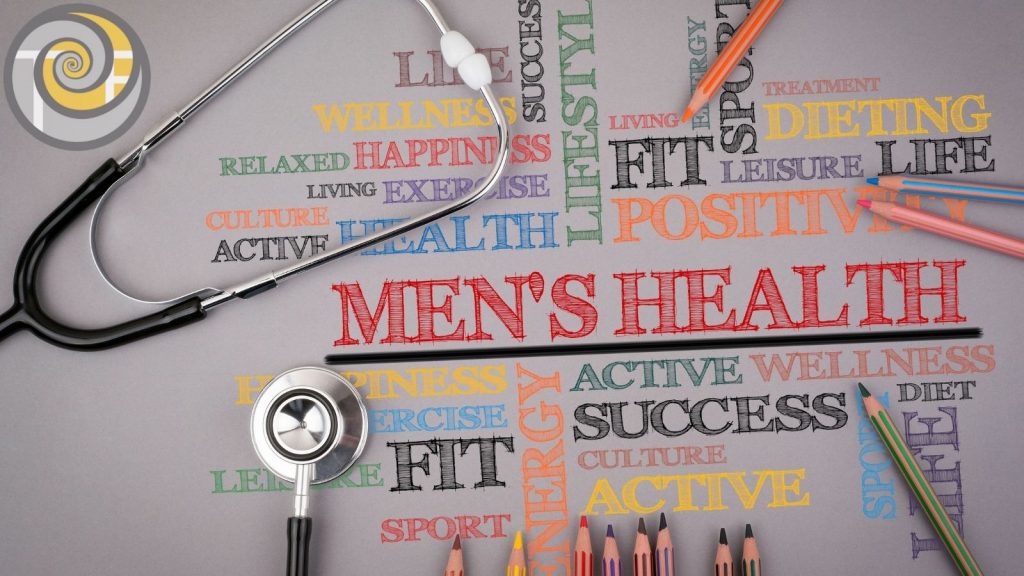Men’s Health Week (14th – 21st June) raises awareness of the health issues that affect men disproportionately. It focuses on getting men to become more aware of health problems they may have or could develop and gain the courage to do something about it.
Traditional ideas of masculinity mean that some people have set notions of how men should behave. Recognising and expressing emotions and asking for help are seen by some as not ‘manly’.
In this age of oversharing on social media, when it has never been more socially acceptable to tell your peers how you feel, men are still struggling. With the online stories peppered with macho images, there seems to be little room for showing poor mental or physical health.
We also know that traditional gender roles play a role in why men are less likely to discuss or seek help for their wellbeing issues. The societal expectations of being the hunter-gatherer for instance….to provide for their loved ones, to remain strong, to be dominant and in control. And whilst these things aren’t inherently bad, they can make it harder for men to reach out for help and open up. The pressure on men not to allow themselves to be ‘vulnerable’ takes a huge toll on long term health and can mask the signs of common health issues. Symptoms of depression and anxiety can manifest as irritability, anger, hostility or aggression. A further barrier to support, without which, things can get to crisis point.
It’s time for us to move away from DNA and start breaking down the stigma to anxiety and depression in women and men.
There has never been a better time to seek, and be accepted for, help with your mental and physical wellbeing! The first step of reaching out will always be the biggest and hardest, but it’s comforting to know everyone experiences this. Everything that then follows will lead to easier and better steps.
Grandads. Fathers. Uncles. Brothers. Sons. Learn to be un-silent. Please!

